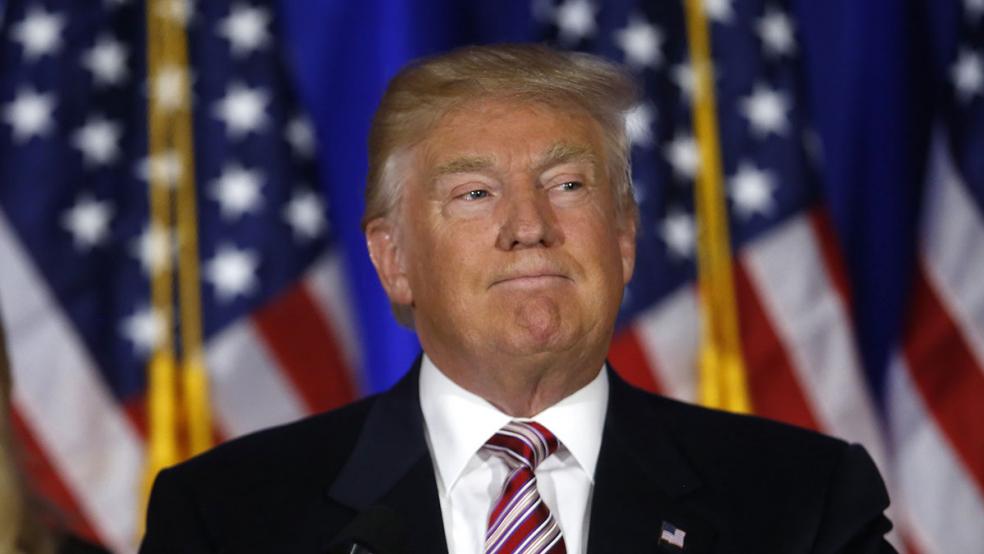A Muslim couple I know, who live in the suburbs of Washington, DC, are facing a choice they never really anticipated. For years, family members have been urging them to move back to the Middle East, so that their children can grow up knowing their cousins, aunts, uncles, and grandparents. Until recently, this had always felt like a request that was at the same time endearing and unreasonable.
They have a life in the US, you see. He wears a suit and tie and goes to work at a mid-sized private company not far outside the beltway -- a place where he has room to move upward, with a firm showing slow and steady growth. She stays at home, for now, as a full-time mother.
Related: Trump Says ‘Thousand of Shooters’ Like the Orlando Terrorist Are in US Already
The schools are fabulous; the neighborhood is safe. They were looking to buy a house.
Now, though, the decision to stay in the US and pursue the life they’ve started doesn’t look like the no-brainer it was when their first child was born a few years ago. They are getting seriously worried about the wisdom of raising a Muslim child in a country where anti-Muslim rhetoric is uttered routinely by a major party’s presidential candidate.
They are one example of a growing trend that has Muslims and people of Middle Eastern ancestry in the US -- citizens, permanent residents, and visitors -- nervous about how the rest of the country views them.
This weekend, Joseph Ibrahim, the Tennessee-born son of an Egyptian immigrant told The New York Times that when he heard the attacker in the massacre at the Pulse nightclub in Orlando had pledged allegiance to the terror group ISIS, one thought flitted unbidden through his mind: He hoped that “Ibrahim” was not part of the attacker’s name.
Related: Trump Says He Doesn’t Need the GOP; Republicans Might Be Okay with That
That uninvited thought arrived as Ibrahim, a surgeon and the head of the trauma unit at Orlando Regional Medical Center, worked with his fellow doctors to treat 44 of the more than 100 people shot at the club early in the morning on June 12.
Neither Dr. Ibrahim nor the young couple facing that wrenching life decision in the DC suburbs can possibly have felt comforted on Sunday, when Donald Trump, the man expected to carry the Republican banner in November’s presidential election showed up on CBS’s Face the Nation.
Trump, who has already called for a ban that would prevent Muslims from entering the United States, told host John Dickerson that it was only “common sense” for law enforcement to start profiling Muslims -- targeting them for extra scrutiny -- in order to protect the US from terrorism.
“Well, I think profiling is something that we're going to have to start thinking about as a country,” Trump said. “And other countries do it; you look at Israel and you look at others and they do it and they do it successfully. You know, I hate the concept of profiling. But we have to start using common sense, and we have to use, you know, we have to use our heads.”
Related: A Trump-Induced Panic Is Setting in Among Longtime Conservatives
This supposedly reluctant embrace of religious profiling -- bad as it was -- might have seemed a bit less alarming to the US Muslim population if Trump hadn’t recently taking to accusing them -- both as a group and without any evidence -- of sheltering terrorists numbering in the “thousands” from US law enforcement.”
Much of the Trump schtick in this election has been about projecting an image combining “toughness” and intelligence that, supposedly, would resolve into an administration better able to handle the challenges that terror groups like ISIS represent.
The fact that Trump’s anti-Muslim rhetoric is clearly providing fuel to the narrative ISIS relies on -- the idea that Western countries are at war with Islam -- should at minimum undermine one of those two pillars of his campaign.





